Managing foreign currency on holiday can be challenging — but it’s absolutely essential for a smooth and enjoyable trip. In fact, finding the best way to spend money abroad involves understanding various options like foreign currency travel cards, debit cards, and credit cards. That’s why proper planning, including getting travel insurance for your holiday, can help you avoid unnecessary fees and make the most of your travel budget.
Fret not though because this guide will explore strategies to manage your travel money effectively!
We’ll cover how to prepare your finances before departure, maximize savings on currency exchange, use credit cards wisely abroad, and handle cash efficiently. By following these tips, you’ll be better equipped to navigate financial matters during your international adventures and focus on creating lasting memories.
Prepare your Finances Before Departure
Inform your Bank of your Travel Plans
Before jetting off, it’s crucial to let your bank know about your travel plans. This simple step can prevent your cards from being declined or blocked while you’re using foreign currency on holiday or abroad.
After all, when your bank sees transactions from a foreign country, they might interpret it as suspicious activity. So by informing them in advance, you ensure uninterrupted access to your funds.
To do this, contact your bank through their website, mobile app, or by phone. Provide them with your destination, travel dates, and the cards you’ll be using. It’s also wise to give them a contact number where they can reach you if needed. This precaution helps protect against fraudulent activity and ensures you have access to your money while away.
– – –
Get a Mix of Payment Methods
To manage your travel money effectively, it’s smart to have a variety of payment options. This includes credit cards, debit cards, and some cash in both your home currency and the local currency of your destination.
Why? Having multiple payment methods provides a safety net in case one option doesn’t work.
When choosing credit cards for travel, look for ones with no foreign transaction fees, wide global acceptance, and travel rewards. Some cards even offer travel insurance as a benefit. For debit cards, check if your bank has any foreign ATM withdrawal limits or fees.
– – –
Make Copies of Important Documents
Safeguarding your important documents is essential when traveling abroad. Make both hard copies and electronic copies of crucial travel documents like your passport, visa, driver’s license, credit card information, travel insurance, and itinerary.
For electronic copies, you can email them to yourself, store them on a secure cloud service like iCloud or Dropbox, or save them on a USB stick.
As an extra measure, keep these physical copies in a waterproof, zip-up plastic document bag to protect them from spills or humidity. It’s also wise to send copies to a trusted family member or friend who can access them if needed.
Maximize Savings on Currency Exchange
Compare Exchange Rates
To get the best way to spend money abroad, it’s crucial to compare exchange rates from different providers for your foreign currency on holiday.
Exchange rates fluctuate constantly, so use an up-to-date currency converter to ensure you get the most value for your money.
The higher the ratio, the more spending money you’ll have to do for your trip; so when comparing rates, factor in any additional fees or commissions that may be charged. Some providers might offer attractive rates but have hidden costs, so it’s essential to consider the total package.
– – –
Avoid Airport Currency Exchanges
While convenient, airport currency exchanges often have notoriously high prices.
Basically, they take advantage of travelers who need a last-minute solution before boarding their flight. That’s why by planning ahead, you can save a significant amount of money!
Instead of relying on airport kiosks, arrange your currency exchange online or through your bank before departure. This way, you’ll have more control over the exchange rate and avoid unnecessary fees.
– – –
Consider Using ATMs for Best Rates
Using ATMs abroad can often provide the best exchange rates — many foreign banks are willing to exchange your money for local currency at competitive rates as you spend foreign currency on holiday.
When using an ATM, look for one within your bank’s network to minimize fees. Some U.S. banks even offer foreign ATM fee refunds, making this option even more attractive. However, be aware of any daily withdrawal limits your bank may impose.
To maximise savings, consider withdrawing large amounts less frequently to reduce transaction fees.
Use Credit Cards Wisely Abroad
Credit cards can be the best way to spend money abroad, offering convenience and potential savings. However, it’s crucial to use them strategically to avoid unnecessary fees and ensure a smooth travel experience.
Choose Cards with No Foreign Transaction Fees
When selecting a credit card for international travel, opt for one that doesn’t charge foreign transaction fees.
These fees typically range from 2% to 5% of each purchase, which can add up quickly during your trip. Many travel-focused credit cards offer this benefit, along with other perks like travel insurance or rewards points. By using a card without these fees, you’ll save money on every transaction and get better exchange rates compared to buying foreign currency.
– – –
Always Pay in Local Currency
When making purchases abroad, you may be offered the option to pay in your home currency instead of the local one. This is called dynamic currency conversion (DCC), and it’s best to avoid it.
While it might seem convenient to see the price in a familiar currency, DCC often comes with poor exchange rates and additional fees. To get the best deal, always choose to pay in the local currency. This way, you’ll benefit from your card’s more favorable exchange rate and avoid hidden costs.
– – –
Keep Your Card Secure
Protecting your credit card while traveling is essential to prevent fraud and theft. Never let your card out of your sight when making transactions, and be cautious when using ATMs or point-of-sale terminals.
Look out for any suspicious devices attached to card readers, as these could be skimmers designed to steal your information. It’s also wise to avoid checking your banking information on public Wi-Fi networks, as these can be insecure. Instead, use a private, secure connection when accessing sensitive financial data.
Manage Cash Effectively
Carry Some Local Currency
To manage your travel money effectively a key part of managing foreign currency on holiday, it’s wise to carry some local currency.
Having cash on hand is crucial for places that don’t accept credit cards or when you encounter unexpected situations. So before your trip, exchange a small amount of money at your bank or a reputable currency exchange. This ensures you have cash for immediate expenses upon arrival, such as transportation or small purchases.
– – –
Use ATMs Strategically
ATMs often provide the best exchange rates and are a convenient way to access cash abroad. However, to minimize fees, use ATMs strategically!
Look for machines within your bank’s network or those affiliated with your bank to avoid extra charges. It’s generally better to make fewer, larger withdrawals rather than frequent small ones to reduce transaction fees. Also, be cautious about ATM locations – stick to machines in banks or secure areas to avoid potential scams.
– – –
Have a Backup Stash
Always keep a backup stash of cash separate from your main wallet. This could be in a hidden pocket in your luggage or a money belt.
Having this reserve ensures you’re prepared for emergencies or situations where cards aren’t accepted. It’s also smart to have a mix of payment methods, including cash, debit cards, and credit cards, to give yourself flexibility in managing your travel money. Remember, the best way to spend money abroad often involves a combination of methods tailored to your destination and travel style!
• • •
Overall
Managing your money while traveling abroad is crucial to ensure a smooth and enjoyable trip. By following the strategies outlined in this guide for handling foreign currency on holiday, you’ll be better equipped to handle financial matters during your international adventures.
From preparing your finances before departure to maximizing savings on currency exchange, using credit cards wisely, and managing cash effectively — these tips will help you make the most of your travel budget!
In the end, the best way to spend money abroad often involves a mix of payment methods tailored to your destination and travel style. By planning ahead and staying informed about your options, you can avoid unnecessary fees and focus on creating lasting memories.
Remember, a little preparation goes a long way in making your international travel experience more enjoyable and stress-free!
Have you seen my latest vlog?

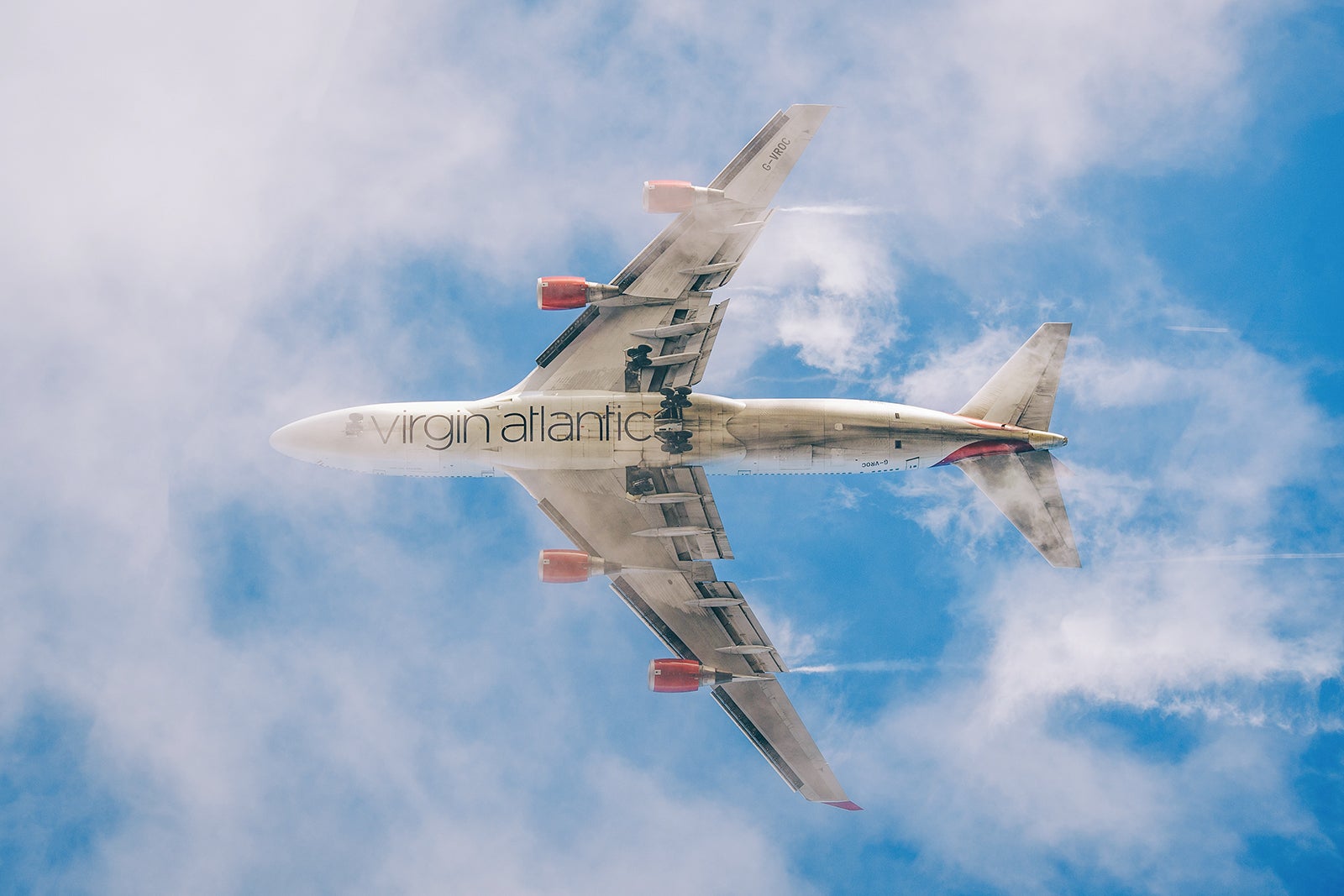
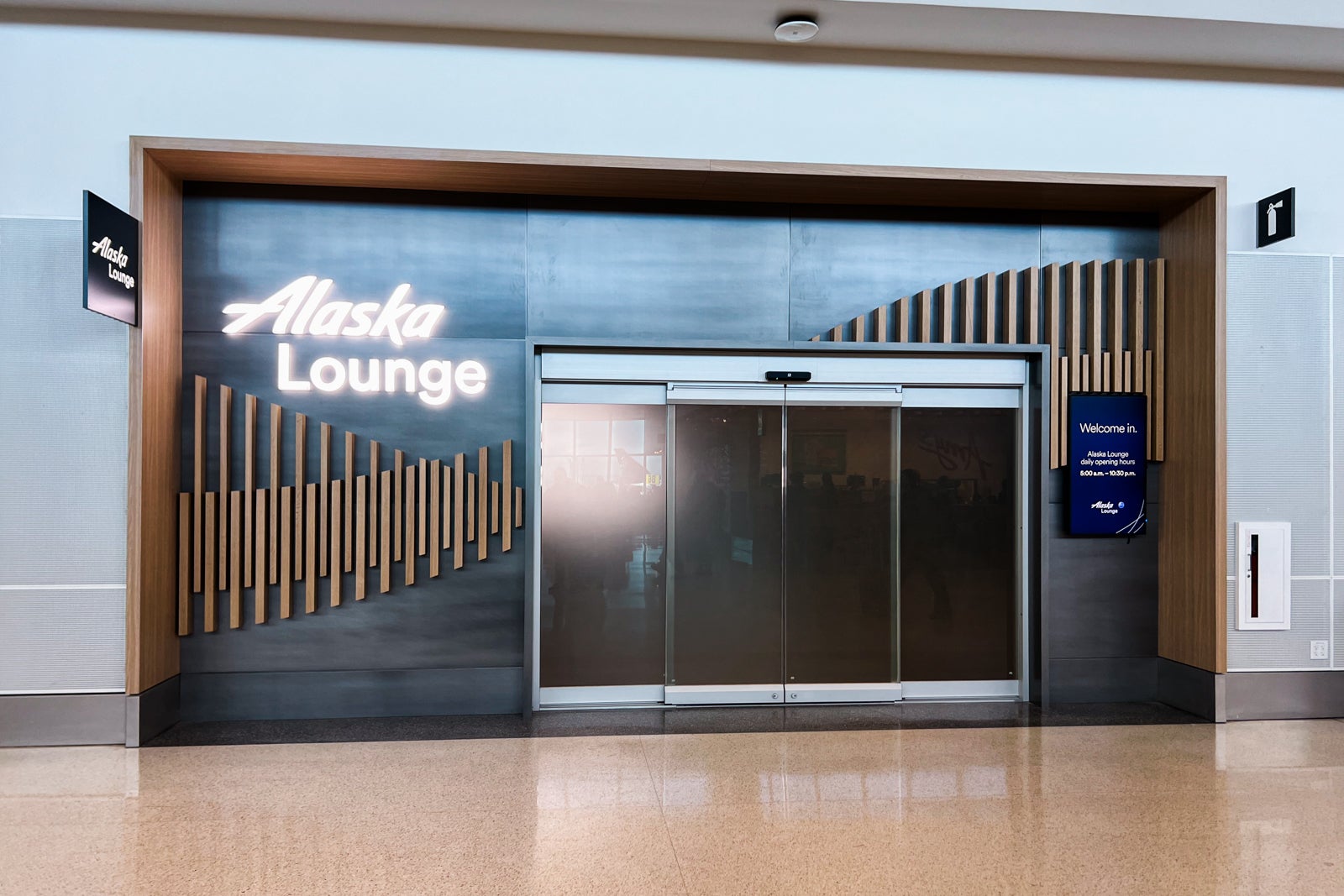
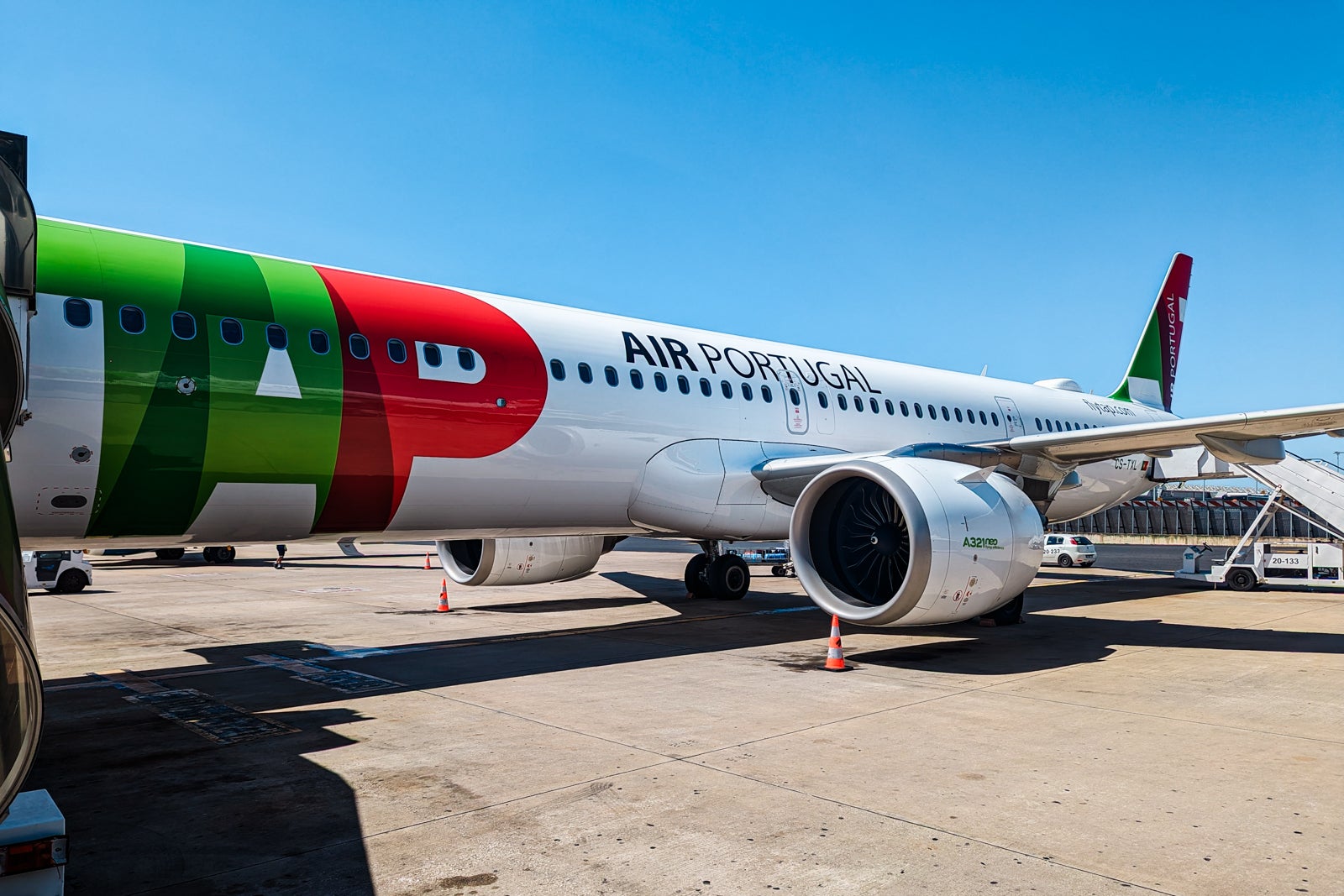
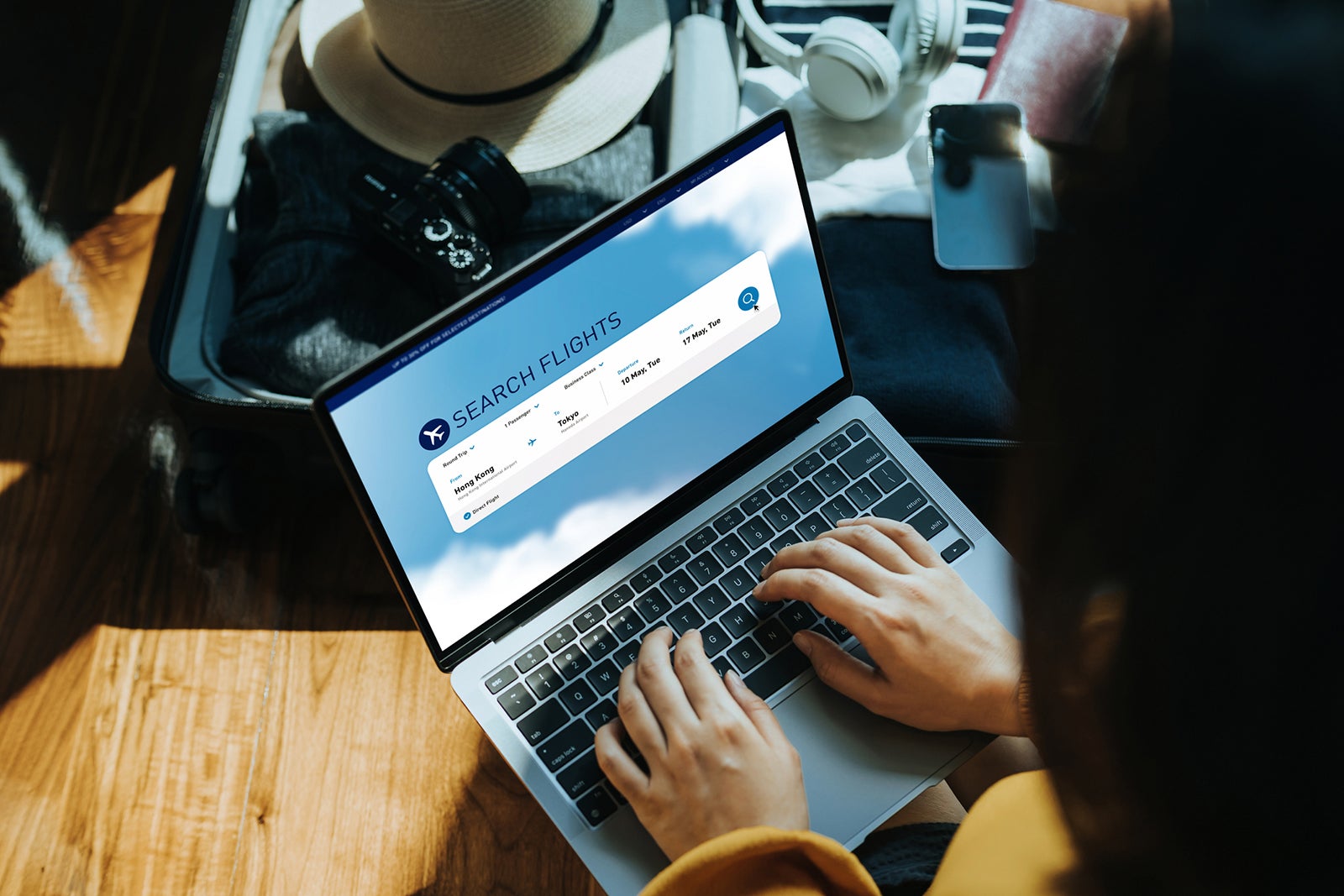
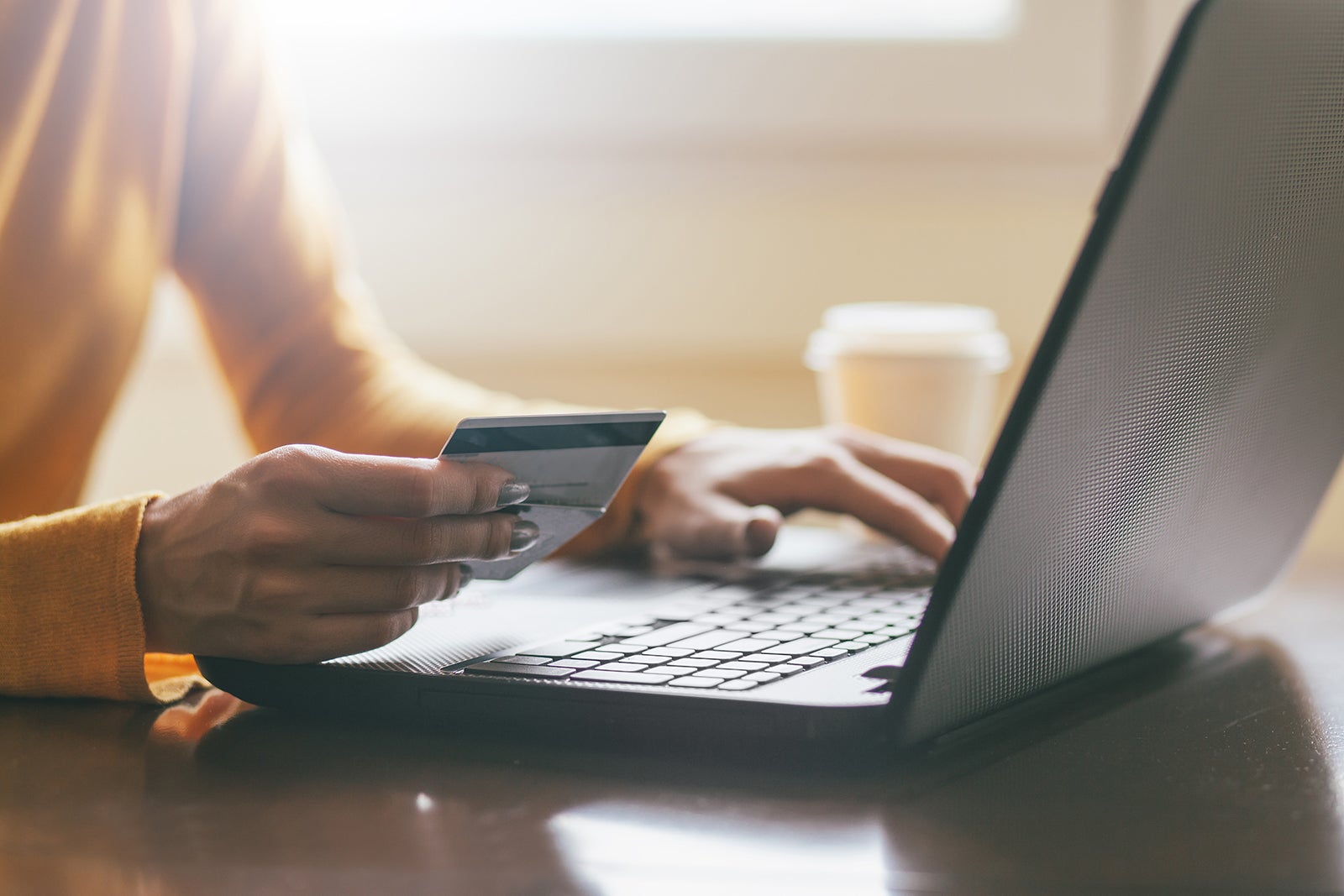







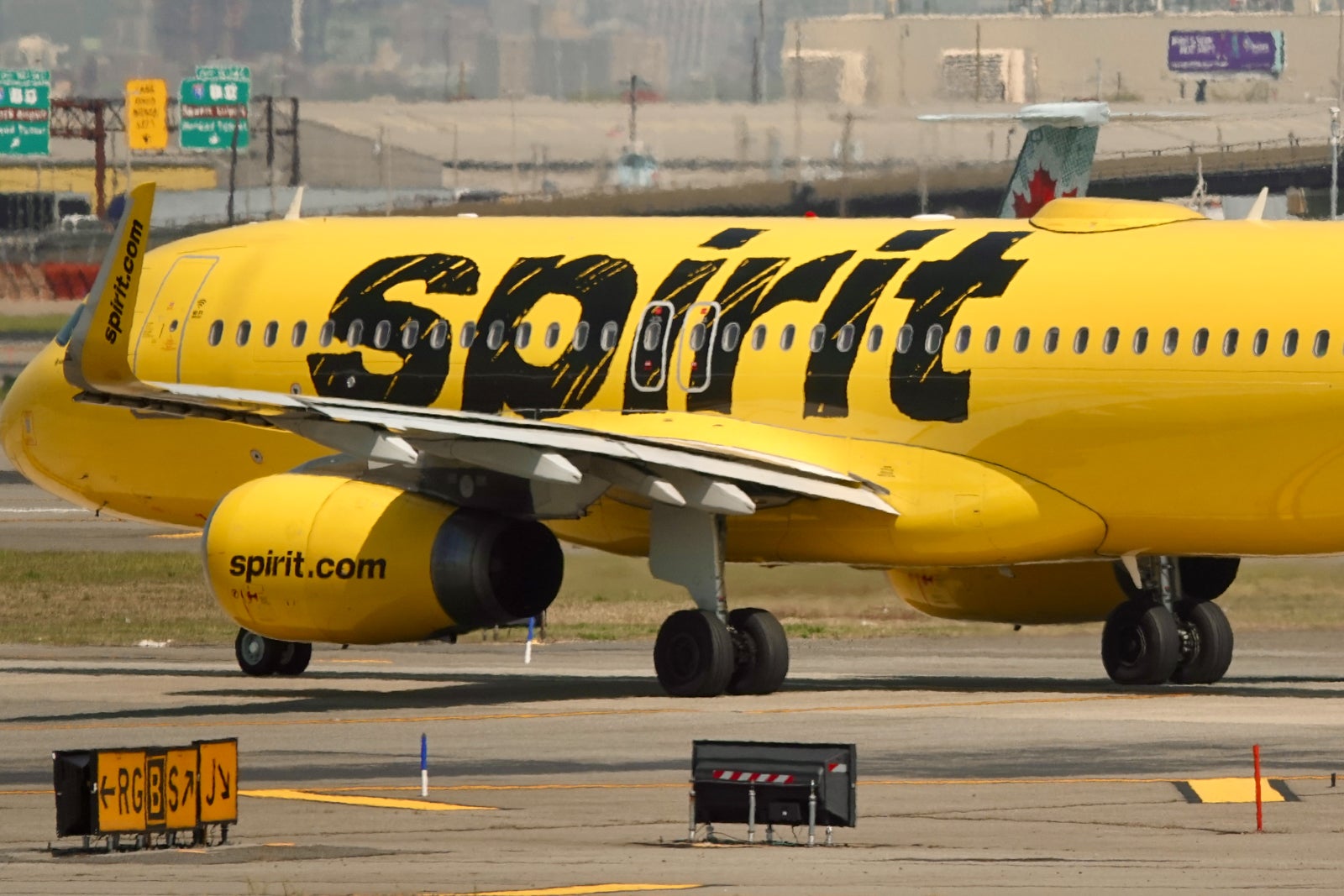
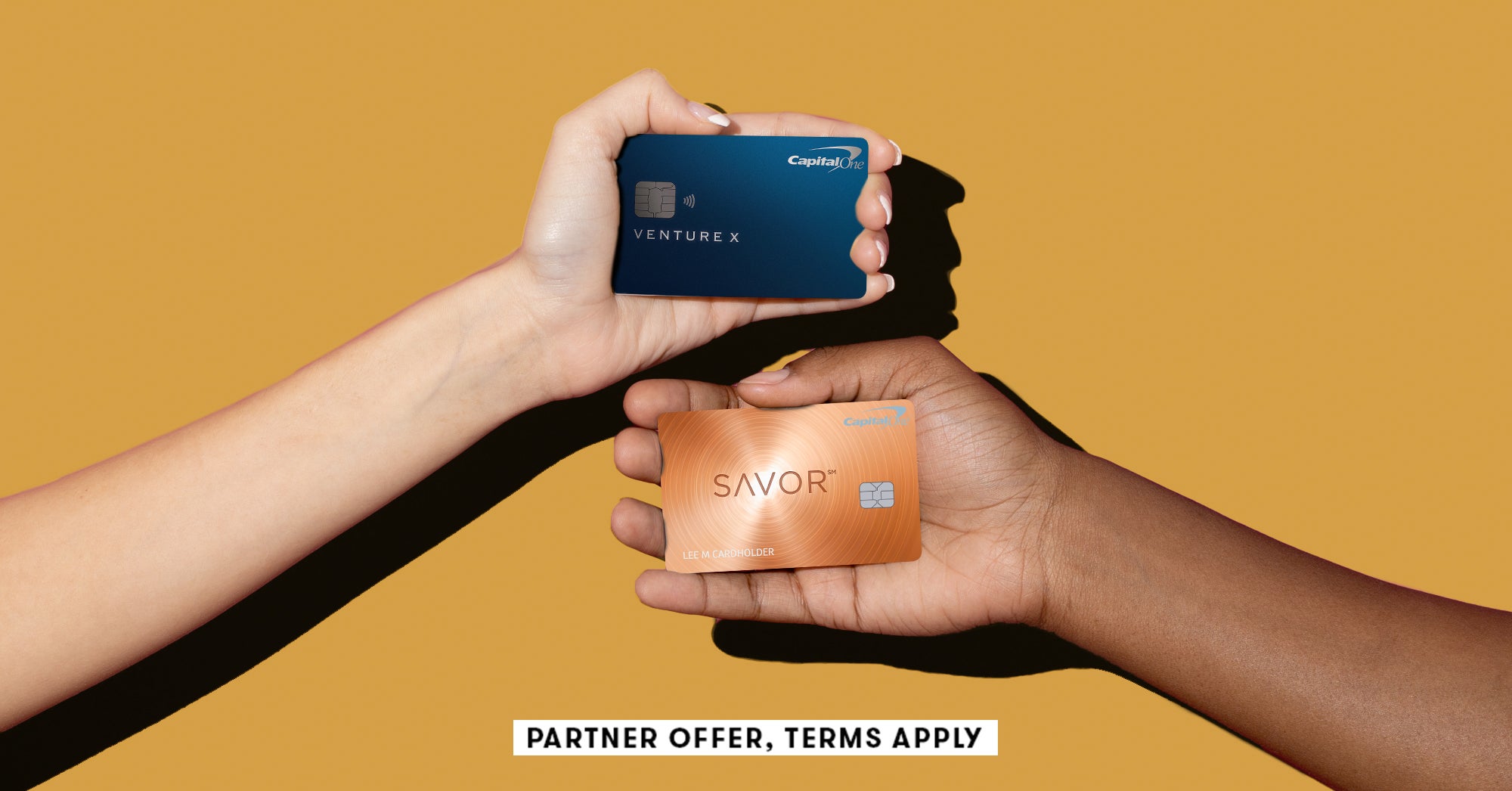




 English (US) ·
English (US) ·